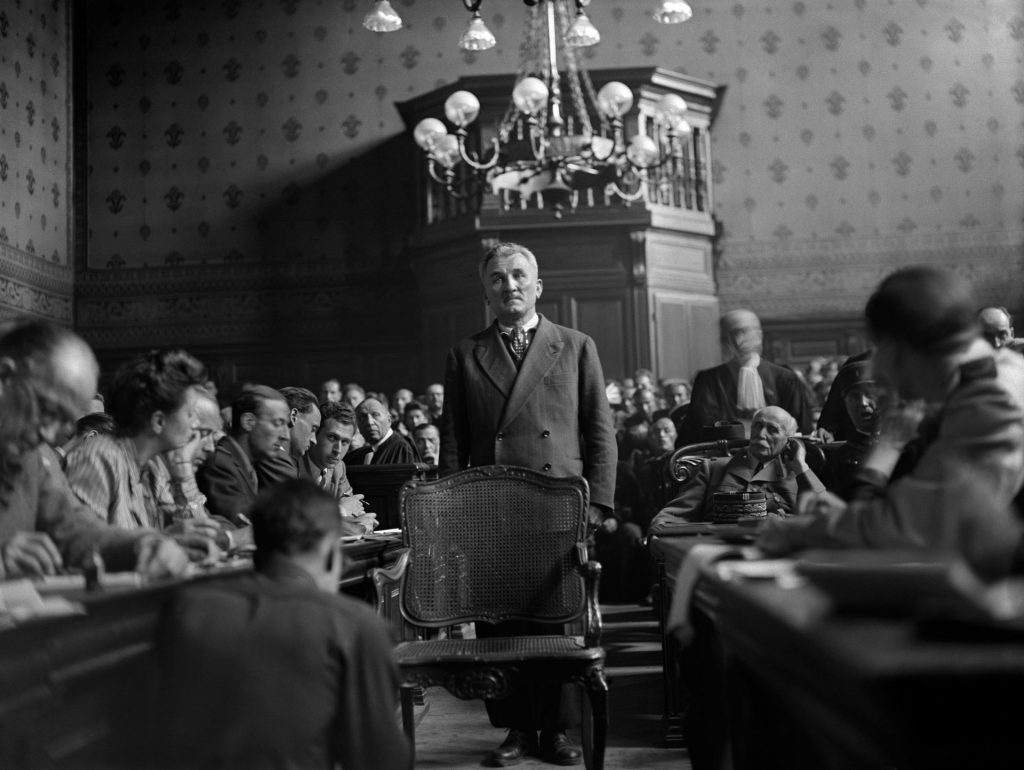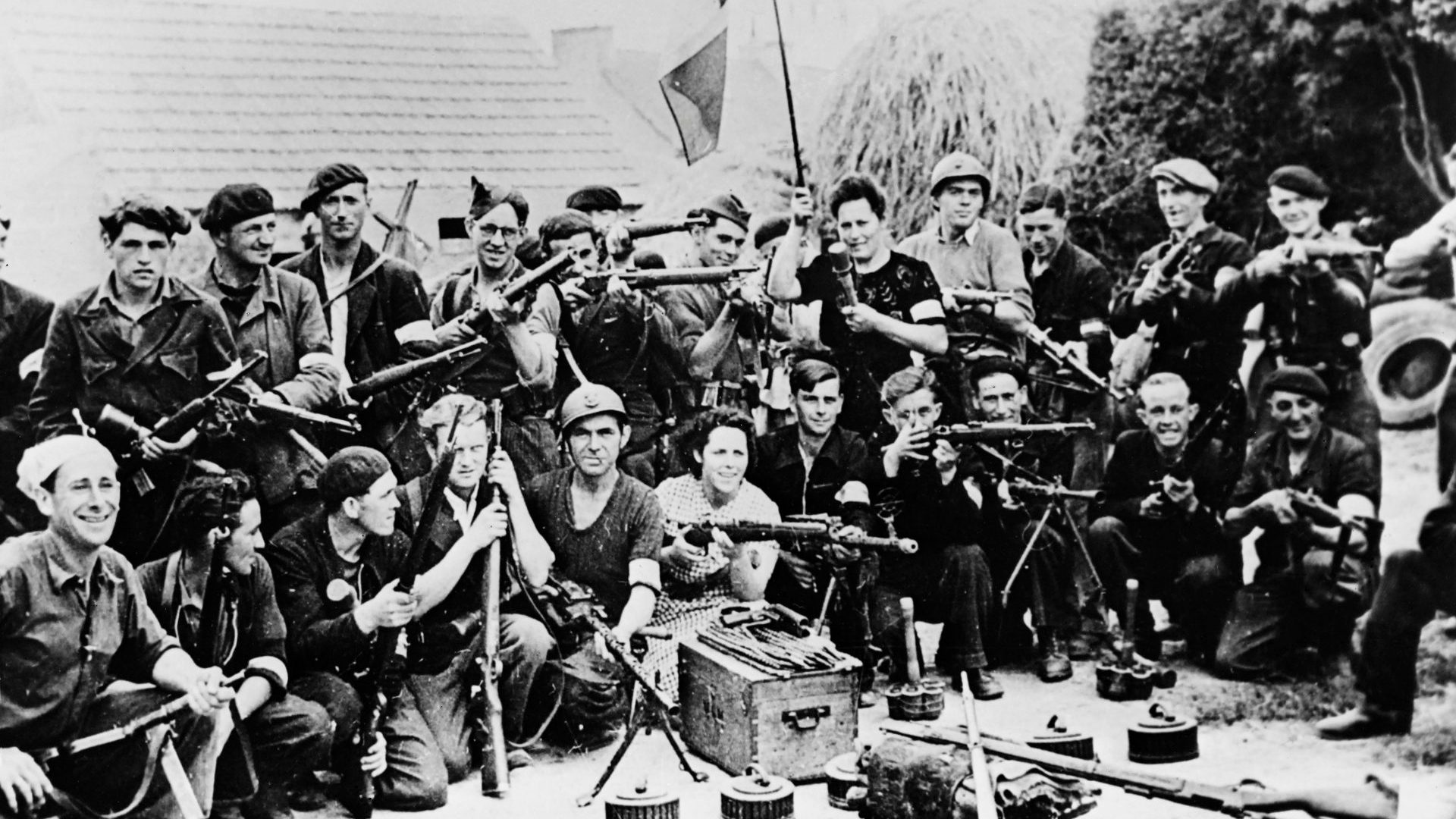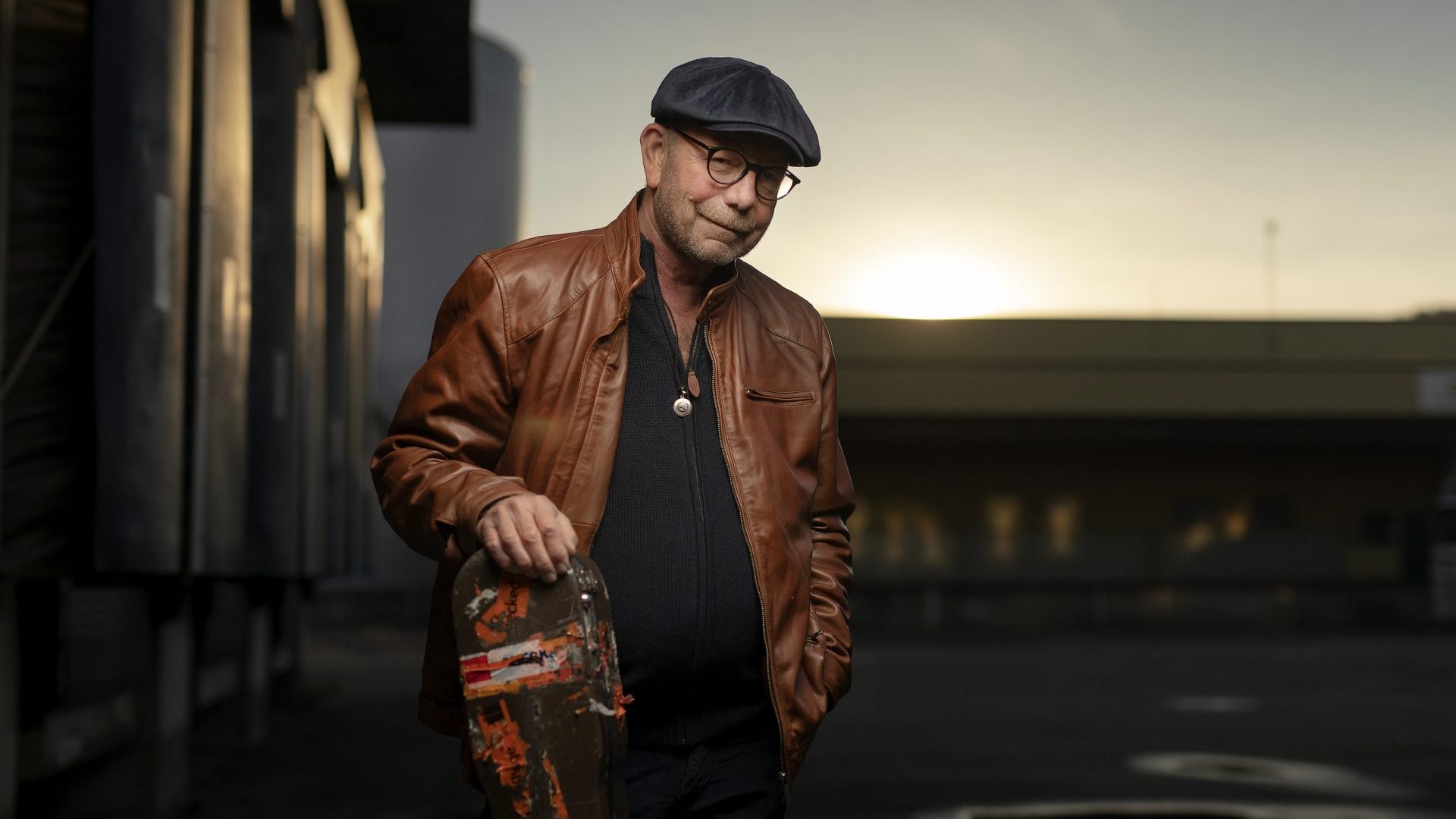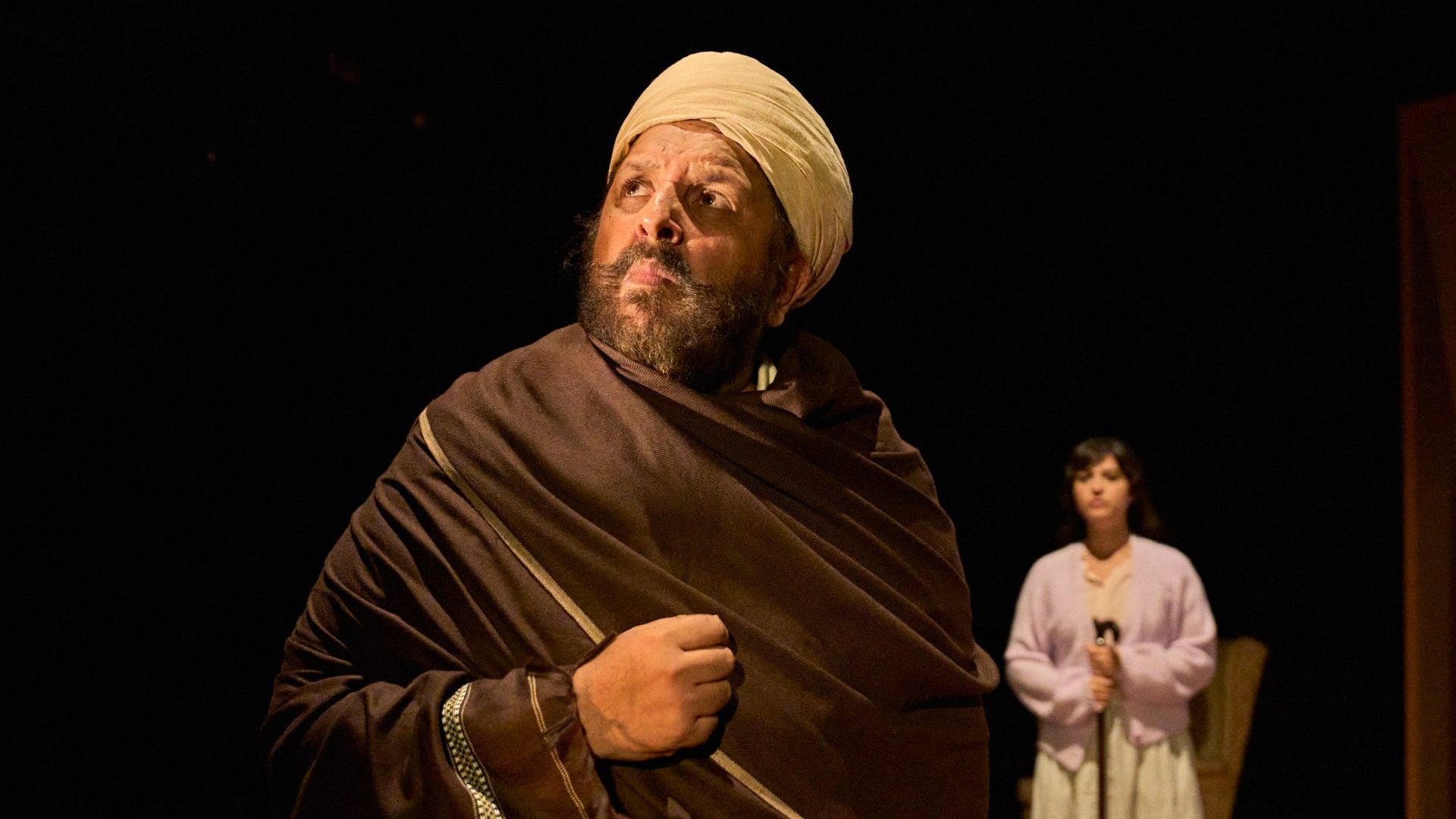A woman called Marie-Claire was walking down a street in Paris, towards the house where Madame Jullien lived. That, at least, is what Marie-Claire called her. It was not clear whether Madame Jullien was her real name. The two women had arranged to meet. But when Marie-Claire reached the house, something unusual happened. “I hesitated for a long moment on the bottom step,” she recalled, “uneasy, with a strange feeling that I shouldn’t go up. There was nothing suspicious about the house. Rue Allasseur is a quiet street: I was the only person there. The house itself was completely silent.”
Marie-Claire listened to her instincts. She did not go inside. It was a decision that saved her life. “I found out the following day,” she remembered. “The Germans had laid a trap in Madame Jullien’s apartment, and she had been arrested.” This strange event occurred in occupied Paris in 1943, and Marie-Claire – real name Marie Krebs – was a member of a Resistance network that was being torn to pieces by the Gestapo.
It is just one in a series of remarkable events described in a new translation of Marie-Claire’s wartime memoirs, J’ai Choisi la Tempête (I Chose the Storm). The book first appeared in French in 1965, and on its release was praised for being “a testimony and a lesson in courage,” by none other than Charles de Gaulle. The old general had it right. This account, translated by my late aunt, Claire Vining, and available for the first time in English, reveals life in the French Resistance as a brutal, terrifying and often lonely war, fought by people whose chances of survival were often close to zero.
“Marie-Claire knew what it meant when a friend suddenly went missing,” one of her wartime co-resistants wrote in the book’s original preface, “or when someone was slightly late for a meeting, or when she heard the crunch of a footstep, or the screech of tyres.” Any one of those meant danger. And danger was everywhere. People in her Resistance network were vanishing, snatched off the streets of Paris and interrogated by the Gestapo and if they wouldn’t talk – torture. This, Marie-Claire wrote, included “drowning us in freezing baths, tearing us limb from limb, pulling out our nails, branding us with hot irons.” Anyone who survived that ordeal was deported to the camps. Many resistants died in the cattle trucks.
Marie-Claire was 20 when she joined the Resistance. She could have stayed in the Breton port of Concarneau, where she grew up, but her instincts would not allow it. “Right up to the moment of death or the annihilating wound,” she wrote, “we have to choose. We can crouch behind the metal defences or advance up the open beach.”
She chose to resist, first in Paris and then Brittany, her home département, where she became a liaison agent, taking messages and intelligence between groups of SAS parachutists who had jumped into France ahead of D-Day. Their job was to organise and arm the Resistance, assisted by the RAF, which dropped food, cigarettes, arms, ammunition and even jeeps, shoved out of the plane with parachutes attached, front and back.
Marie-Claire was particularly suitable for Resistance work as she was local, female – therefore assumed to be a non-combatant – and particularly young looking, which put her even further beyond suspicion.
She was taking a huge risk. As the war turned against Germany, and their need to secure the French Atlantic coast increased, the Nazi occupation in Brittany became ever more barbaric. One Resistance camp was attacked and “the Germans had shot all the men on the spot.” The four female liaison agents managed to escape, but were caught and tortured, before the Germans “machine-gunned them at point-blank range, there in the field.” Later, she wrote, “the locals went to collect the mutilated corpses: the Germans had sliced off their breasts.”
These outrages only made her more determined. She learned how to encode messages, taught by a radio operator named Geo Chamming’s, who would later become her husband. She delivered messages and intelligence for Colonel Bourgouin, the legendary one-armed parachutist, for Captain Daplante of the French SAS and also for Captain Marienne, the Resistance leader who was tortured and shot along with all his men. He was killed, not by Germans, but by members of the Milice. This was a French paramilitary force commanded by Joseph Darnand, who was both the Security Minister in Pétain’s collaborating Vichy government and a Major in the SS.

And then there was another man. He was a British major in the SAS, who, Marie-Claire recalled: “Walked with long, relaxed strides, the rifle balanced on his shoulder like a true huntsman.” He was, she said, “tall and very slim, bright-eyed and fresh complexioned,” and his job was “the intensive arming” of the Resistance in Brittany. His name was Major Cary-Elwes. He was my grandfather.
Many people have family stories about the second world war. Mine was about the French Resistance. I knew that the elderly man at the end of the table, who drank red wine from a small glass and didn’t say very much, had been in the SAS during the war. I knew that he had parachuted into France and gradually, over time, the significance of what he had done became clear. But I was never able to speak to my grandfather about the war, not properly. I am not sure what his reaction would have been had I tried.
The Resistance groups he fought with in northern France were brave, stoic and highly effective. General Eisenhower certainly thought so. Marie-Claire quotes from his memoir Crusades in Europe, where he wrote: “We were depending on considerable assistance from the insurrectionists in France. They were known to be particularly numerous in the Brittany area.” She also remembered how it was Major Cary-Elwes who had “persuaded the Allied High Command to continue with parachute drops into Brittany.” So, that was Grandpa.
Histories like this are so far beyond everyday experience, so heroic and the events they describe so consequential that it is hard to know how to react. Perhaps that is why, over time, the details of how Britain and its allies fought the war have become merged into a broader, less distinct national memory. That process has caused the more visceral aspects of war to fade, and allowed it to take on a more mythic quality. Over time, it has become part of Britain’s shared memory of itself, and has shaped the popular idea of the nation, what it stands for and who we are.
The prominence of the war in Britain’s national consciousness has made it ripe for political exploitation. That’s why, when Boris Johnson was on the Brexit campaign trail, he could dismiss the EU with the remark that “Napoleon, Hitler, various people tried this out and it ends tragically,” knowing that a significant section of the public would have nodded along. It was why Nigel Farage hired a bus to drive around Westminster playing the theme tune to The Great Escape. It is why Johnson decided to write a biography of Churchill.
The idea that the war was a great British triumph has meant that the contribution of other nations to the war effort has been diminished, or overlooked entirely. This applies particularly to the French, who have been recast as the collaborating fools, the “cheese-eating surrender monkeys” – and more recently, by our current prime minister, as a nation on which “the jury is still out”. President Macron’s touching and heartfelt statement on the death of the Queen showed that remark to have been deeply ill-judged. I remember when the sitcom ‘Allo ‘Allo! was broadcast during the 1980s. It depicted the Resistance as a bit of fun, the Germans as camp fools and the French as goatish idiots. It was enormously popular and the BBC kept it going for nine series. Grandpa hated it.
But there were French collaborators. The Milice was especially dangerous, and detested by the Resistance for their methods. Its 30,000 men were French, which made their agents almost impossible to spot. Some, including Darnand, its leader, had been fascists before the war, while others were misfits, or had simply joined the Milice for the perks. One of them nearly caught Marie-Claire.
“A tall man with craggy features and a menacing expression, suddenly shouted: ‘where are you going, mademoiselle? And where have you come from?’” He demanded her identity papers. Having inspected them he was about to let her go when he noticed her bicycle had a flat tyre and offered to pump it up. She watched him in terror – her secret documents were hidden in the bicycle pump. Fortunately for her he inflated the tyre, but didn’t notice a thing. “The unsavoury character unscrewed the connector with his long thin fingers and carefully replaced the pump. He smiled. He shook my hand. He almost apologised. I wanted to bite him.”
Despite attacks by both the Nazis and the Milice, the Resistance hung on until finally the order came from London to go on the offensive. “In the blink of an eye, roads were blocked by trees,” Marie-Claire wrote. “The Germans were under attack from the front and the rear, and hamlets, villages and even towns were being liberated.” And when the Americans arrived from Normandy, Marie-Claire recalls, they “found before them a Brittany that had been largely liberated by her army within.”
But in the final hours before the Nazis left, they inflicted a terrible tragedy on Marie-Claire. Her father, the Mayor of Concarneau, was looking out of his window with binoculars. Seeing him, and assuming he was a Resistance lookout, a German patrol shot him. He fell back, dead, a bullet in his ear.
For many people who did not fight in it, the second world war is a source of great pride. I have been asked whether I feel pride in my grandfather’s wartime achievements. It’s a difficult question and a difficult word. I was brought up to regard pride as a sin. But the French have two words for pride: l’orgueil, which has the sense of pride as vanity, and la fierté, which conveys a much greater sense of personal humility. English makes no such distinction.
But it is a crucial distinction. To become overtaken by stories of this kind, to become so transfixed by the great, righteous victory that it ends up dominating the national character, is to edge towards a distorted sense of history in which people see themselves as perpetual victors. The consequences of that can be seen in Russia, where Vladimir Putin has turned the memory of the second world war into a central pillar of his authoritarian myth. It is no accident that he launched his war in Ukraine under the pretence that he was ridding it of “Nazis”. So engrossed is he in the memory of the second world war that Putin seems to think Russia is still fighting it.
But the outcome of the second world war has nothing to do with any of the politicians who cling to its memory in the hope that a little of its glory might rub off on them. They deserve no credit by association. The credit is due to the people who fought in it, and to them alone. It cannot be passed down.
My aunt Claire Vining, who translated this book, worked on the manuscript for years, despite suffering from severe mental health problems. She did so with great determination and she kept her progress mainly to herself. That admirable, quiet dedication contrasts sharply with the often male political jingoism that attaches itself to war. It also indicates that the right reaction to stories of this kind is not pride. It is to be humble.
I Chose the Storm by Marie Chamming’s (translated by Claire Vining) is published by Victory Books.




